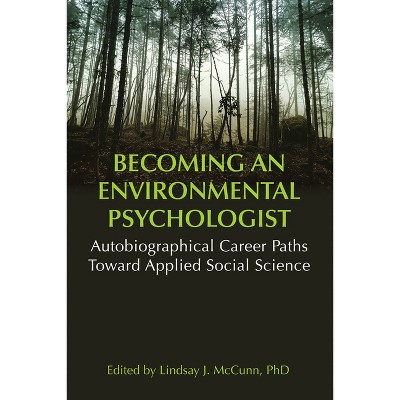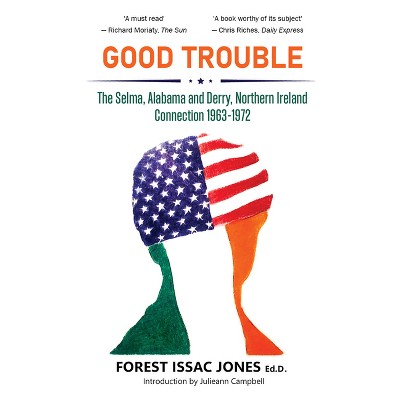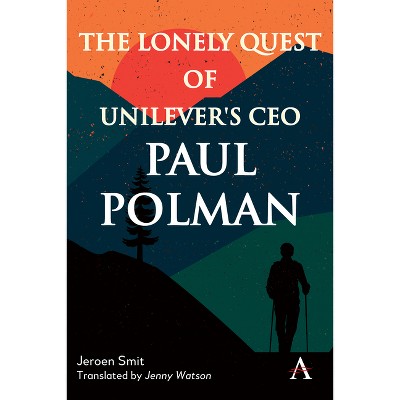About this item
Highlights
- Becoming a Doctor is the inside story of one person's transformation from naive student to professorial physician.
- About the Author: Chris Ward is Emeritus Professor of Rehabilitation Medicine, and also a Family and Systemic Psychotherapist.
- 200 Pages
- Medical, Education & Training
Description
About the Book
This book is a personal account of a medical education that began in 1966. Being a medical student and doctor was (and still is) a blend of absurdities, frustrations and joys. The curriculum was shot through with holes in the 1960s, and it still is. A hospital is no place to learn about how ill people live their lives.
Book Synopsis
Becoming a Doctor is the inside story of one person's transformation from naive student to professorial physician. It will make compelling reading for anyone who, when seeing a doctor, has wondered 'How did you get to be that way?'
Becoming a Doctor is a personal account of a medical education that began in 1966. It reflects on one person's experience of being gradually transformed from a nervous student into a professorial physician. The book is not a memoir in the ordinary sense, being less concerned with what the author did than with what education and medical practice did to him.
A doctor's education may look like a straightforward technical training, but 're-membering' it as a personal experience creates a new and disturbing picture, a blend of joys, absurdities and frustrations. Doctors in the 1960s, as now, were focused on disease and had little to say about suffering, let alone death. They were, and still are, curiously silent about healing, recovery and rehabilitation. From within the hospital, people's ordinary lives were invisible. Becoming a Doctor shows how difficult it is for a young person to resist the pressures of history and culture.
The author observes his younger self's efforts to be seen as 'the right stuff', which involves suppressing personal feelings, adopting medicine's rhetoric and mimicking the habits of his teachers, with sometimes disastrous results. Communication, and even empathy, seems like performances in which the doctor's self need play no part. Later in life, the author becomes more aware of what it is to be present, physically as well as psychologically, to another person.
Becoming a Doctor describes how doctors learn to adopt a compartmentalised concept of human nature that few patients would want. While training as a neurologist, the author is expected to assume that real diseases affect real, physical bodies and that other forms of distress are 'just psychological', in other words, unreal. Neurologists appear to be technicians of the brain, psychiatrists of the mind and other doctors of the body.
Each of the book's chapters focuses on a theme, creating a narrative that is roughly chronological, beginning with the perspectives of a junior medical student and ending with reflections on a doctor's two major 'crafts', diagnosis and treatment. While focused on a particular span of years, the book's story is in constant conversation with its historical context, a dimension that medical orthodoxy scarcely notices. Reflections are shadowed by theory, but this is not an analytical essay but a piece of provocative and entertaining literature. It is about experiences and dilemmas that matter to everyone.
About the Author
Chris Ward is Emeritus Professor of Rehabilitation Medicine, and also a Family and Systemic Psychotherapist. His most recent book is Between Sickness and Health: The Landscape of Illness and Wellness (2020).
Shipping details
Return details
Trending Book Pre-Orders












